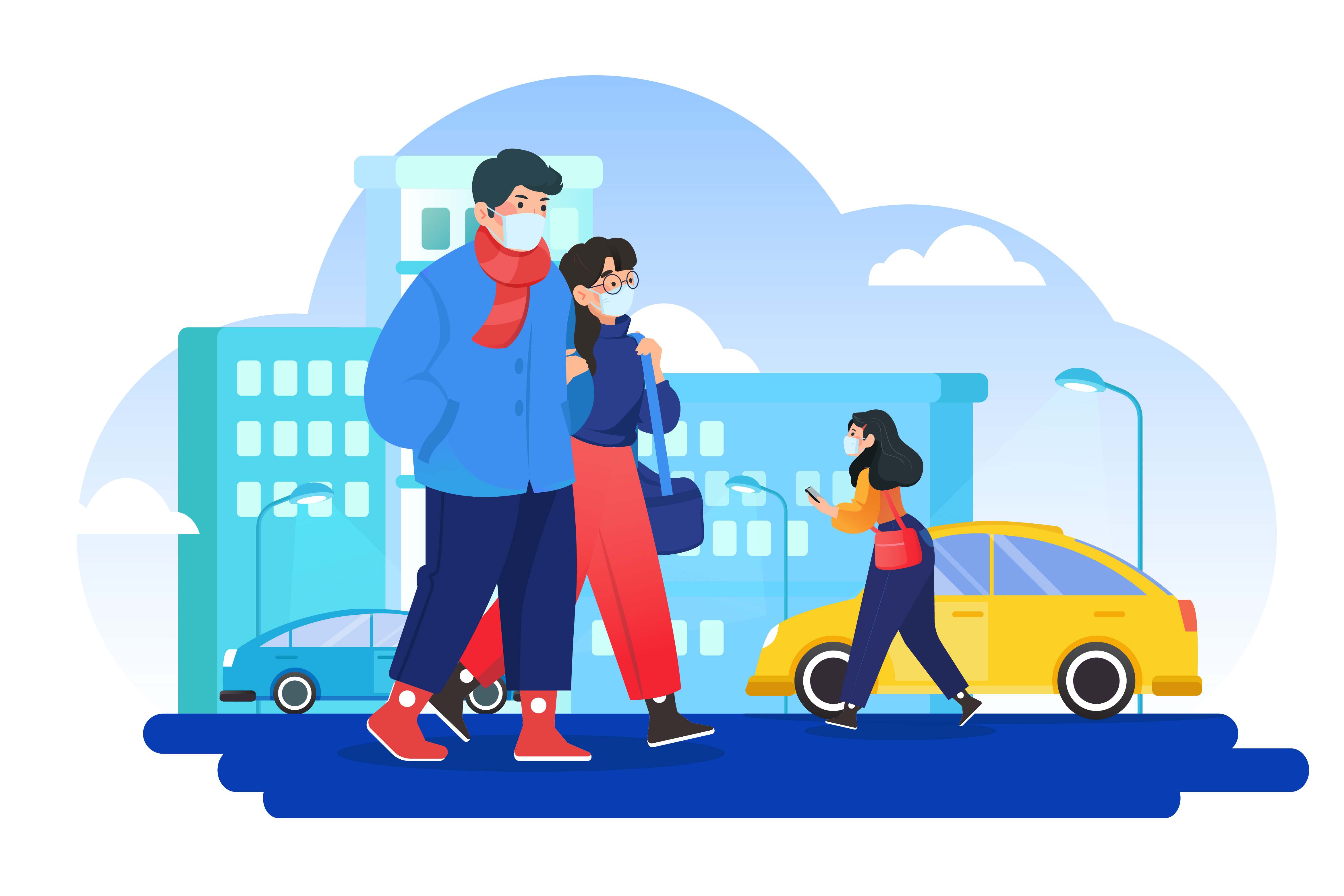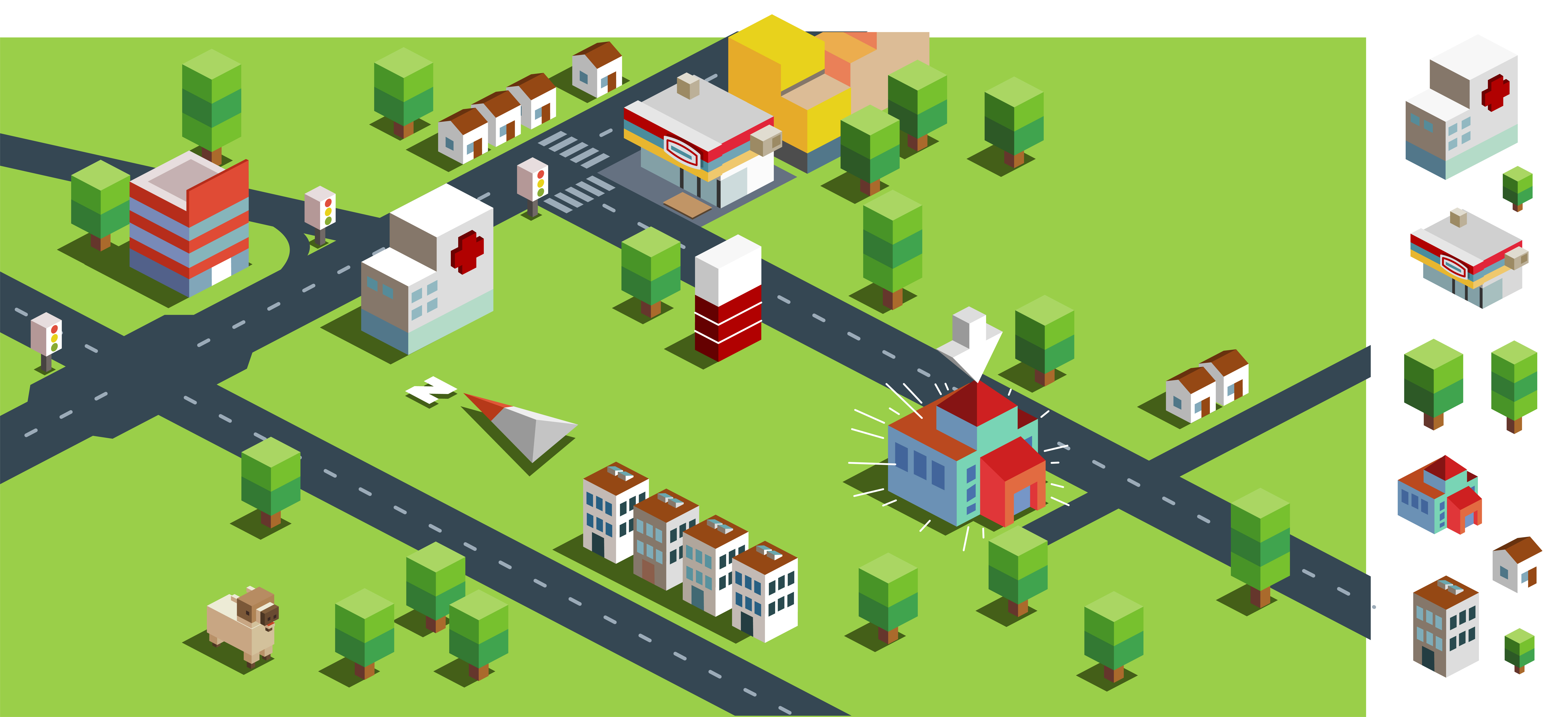Post: Transportation, is it a derived demand?

Growing up in Beijing, I spent a lot of time on the road.
As soon as I had my parents’ permission when I was in elementary school, I would walk or take a bus to school and home, which was about 20 minutes every time. In middle school, I would take the subway and then bus and then walk back home, which took about 50 minutes in total every day. On the road, I spent the time reflecting about myself, looking at the surrounding people, and observing the passing-by environment.
One time, when I was like 10 years old, my mom took me to somewhere near the Tian’anmen Square and we took a bus back. I begged her to take a taxi so we could get back home faster, but she refused. On the bus, I looked out the window. I saw the never-ending red wall of the Forbidden City, crowded visitors busy taking pictures, and trained soldiers on their sentry duty. I was thinking, why do people like traveling? You’d spent endless time on the road, looking at a brand new cityscape which you don’t really know much. Sure, it could be cool. But it could also be kind of boring.
Another time, during my teenage years, when I was enjoying watching my shows in an air-conditioned room, my parents forced me to take a walk with them, in a 100 degree Fahrenheit summer. Walking on the riverwalk that I had walked thousands of times before, everything got boring. My knee also felt painful and my feet were burning because of the friction. I was wondering, why do people like walking?
I was upset, I wish I could teleport, so I can watch my favorite TV shows /finish my homework / eating some favorite food instead of staring out of the window / walking in pain / running out of things to think about in my head.
Now that I’ve been living in a college town for 4 years, there are several things I found out about commuting. They came with experience/age.
First, commuting can be annoying. When I had a lot of assignments to complete, I really wished I didn’t have to budget 15 minutes to walk to class. I spent countless time sprinting to my 9am class. Yes, as a spoiled student, 9am was early for me. I hated the bad weather, especially the chills, the snow, and the wind. The school should build an underground tunnel, I thought.
Second, commuting can be soothing. When I had tons of work to do, I enjoyed the 5 minutes walk down the main quad. I saw different people with different facial expressions. I especially liked looking for squirrels and watching them hunting for food. There is something about nature that is attractive to human, my boyfriend Ethan commented.
The conclusion here is, it all depends on the weather. Transportation is a derived demand during bad weather, when you just want to be in a warm place drinking hot chocolate. But let us not forget that transportation is a perfect gift for busy workers on a good day. It is something that is a part of your daily routine which your boss cannot take away from you.
It is also a passive form of exercise. It was really easy for me to gain weight living in the medium-size college town. I was really confused why even when I ate the same, worked out the same (maybe a little bit less), my weight would stay the same. Ah ha, because I was not walking as much. In Beijing, it was easy for me to walk 10,000 steps a day. According to my experience living not far away from campus, which I really enjoyed, 5,000 steps would be rare, even though I usually walk and bike to classes. During quarantine, less than 1,000 steps a day is not an exaggeration. Hmm, passive commuting experience as a way to boost residents’ health is what planners and urban designers can force upon people … even though people are not doing it voluntarily. But, think about it, if you were given a choice, to walk or not to walk, without any immediate penalty, what would you choose? I choose not working out at all 100% if I could. People undertake painstaking tasks not because they naturally want to, but because they are making early investments for the greater outcome in the future. Not everyone is always looking out for the future though.
One can argue that, during long and uncomfortable bus, train, plane rides, they just want to be at the destination already. Well, then I would say that the service provider should upgrade their services instead – make the ride more comfortable rather than faster. If I must go on a meeting to another city, I don’t want to be there right away. I want to take the forced transportation time to connect with my surroundings and take a little break.



